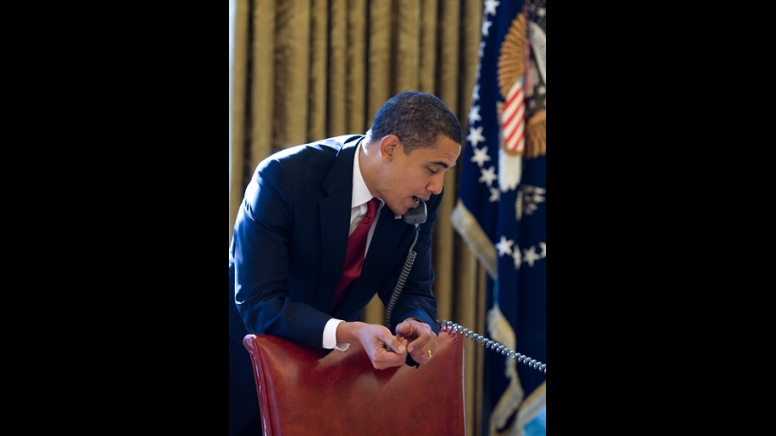Minnesota Advocates for Human Rights announced on June 22 the launch of the US chapter of Liberia’s Truth and Reconciliation Commission during a news conference at the Minnesota State Capitol rotunda. The brief ceremony was timed to coincide with the same day formal launch of the TRC in Liberia by that country’s president, Ellen Johnson-Sirleaf, in ceremonies held throughout Liberia.
The Act that established the TRC mandates it “to conduct a thorough investigation and publish a report documenting gross human rights violations, violations of international humanitarian law, and, importantly, economic crimes, such as the exploitation of natural resources to perpetuate armed conflict, that occurred between January 1979 and October 14, 2003”. It is also required to “recommend” amnesty be granted to those who make “full disclosures of their wrongs” and express “remorse for their acts”. There is a provision that states that amnesty will not be granted to “serious violations of international humanitarian law and crimes against humanity”. On these serious violations, the TRC is to make recommendations to the government on which cases should proceed to prosecution. Recommendations by the TRC on reparations, legal and constitutional reforms are also part of its mandate.
The Minnesota Advocates for Human Rights Deputy Director, Jennifer Prestholdt, during remarks at the capitol rotunda said his group’s work will mirror that of the TRC in Liberia. Her group will work in partnership with the TRC in Liberia and will take statements from Liberians that live in the United States. Those statements will be used by the TRC in its work. The group is already recruiting and training volunteer statement takers. Leading Twin Cities law firms are assisting in the process of training statement takers. Minnesota Advocates was chosen because Minnesota has the most Liberian refugees in the United States.
The chairman of the Truth and Reconciliation Commission, Jerome Verdier Sr., said in addition to investigations being conducted in Liberia’s 15 counties, Minnesota will also be included in that process. Minnesota has over 25,000 Liberian refugees.
One of those expected to be investigated by the TRC is former dictator, Charles Taylor. Two days to the formal launch of the TRC, Taylor who was behind bars in neighboring Sierra Leone awaiting trail for war crimes, was flown to The Hague. There he will face trial for 11 counts that The Special Court on Sierra Leone charged him with. The court in Sierra Leone will still be responsible for his trial but he will be held in detention in The Hague in order to maintain regional stability. There have been fears that his presence in the region could lead to more violence.
Martha Sinoe, president of the Organization of Liberians in Minnesota, said during the news conference “our role as community leaders is to encourage victims to tell their stories and to help them heal their wounds.” She said she is fully prepared to assist in the work of Minnesota Advocates on behalf of the TRC. Saying the violent conflict visited upon her country was destructive and horrible, and the memories of the atrocities traumatic, she offered hope that the process will provide for both victim and perpetrator the opportunity to come to terms with the “heartless killing of more than two hundred thousand Liberians.”
The Minnesota Advocates for Human Rights can be reached at 612-341-3302 or online at www.mnadvocates.org.
About Tom Gitaa Gitaa, Editor-in-Chief
Born and raised in Kenya's coastal city of Mombasa, Tom is the Founder, Editor-in-Chief and Publisher of Mshale which has been reporting on the news and culture of African immigrants in the United States since 1995. He has a BA in Business from Metro State University and a Public Leadership Credential from Harvard’s Kennedy School of Government. He was the original host of Talking Drum, the signature current affairs show on the African Broadcasting Network (ABN-America), which was available nationwide in the United States via the Dish Network satellite service. On the show, he interviewed Nobel laureates such as 2004 Nobel Peace prize winner, Professor Wangari Maathai, the first woman from Africa to win the peace prize and heads of states. Tom has served and chaired various boards including Global Minnesota (formerly Minnesota International Center), the sixth largest World Affairs Council in the United States. He has previously served as the first Black President of the Board of Directors at Books for Africa. He also serves on the boards of New Vision Foundation and the Minnesota Multicultural Media Consortium. He has previously served two terms on the board of the United Nations Association. An avid runner, he retired from running full marathons after turning 50 and now only focuses on training for half marathons.
- Web |
- More Posts(455)





